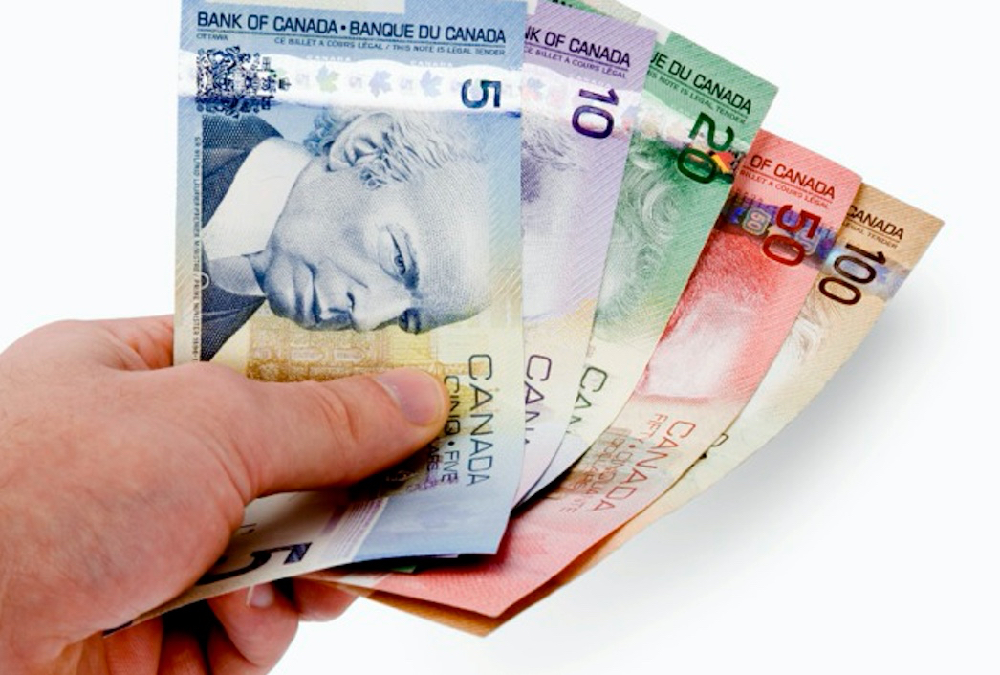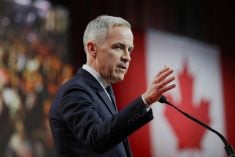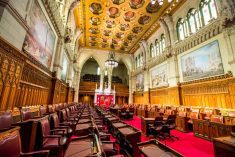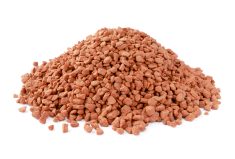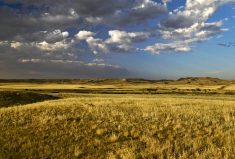Farmers Edge says producers in its Smart Carbon offset program can’t get paid for their credits until those credits sell — and there aren’t a lot of willing buyers.
“We have done a good job at serializing these offsets. Where we have not done a good job is selling them,” said Amit Pradhan, vice-president of strategy with Farmers Edge. “The reason we have not been able to sell them is because the market itself is very, very soft.”
Why it matters: A functioning carbon market could pay farmers for the carbon they sequester through on-farm practices, but the market is challenging.
Read Also
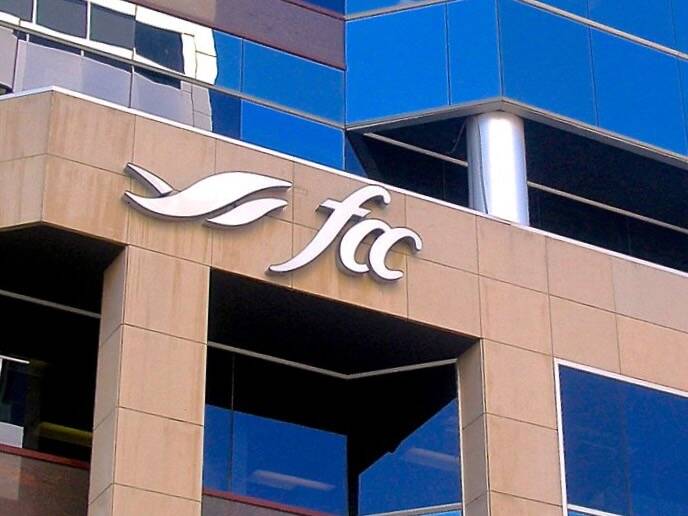
Farm Credit Canada forecasts higher farm costs for 2026
Canadian farmers should brace for higher costs in 2026, Farm Credit Canada warns, although there’s some bright financial news for cattle
Earlier this spring, Arborg farmer Barclay Uruski told the Co-operator he was out thousands of dollars after signing on to Farmers Edge’s Smart Carbon program, which promised to use his farm data to create and sell carbon offsets.
Uruski said he’d been given the impression the credits would pay for the digital agriculture products he was using from the company and give him some profit. Instead, he says he’s only seen invoices.
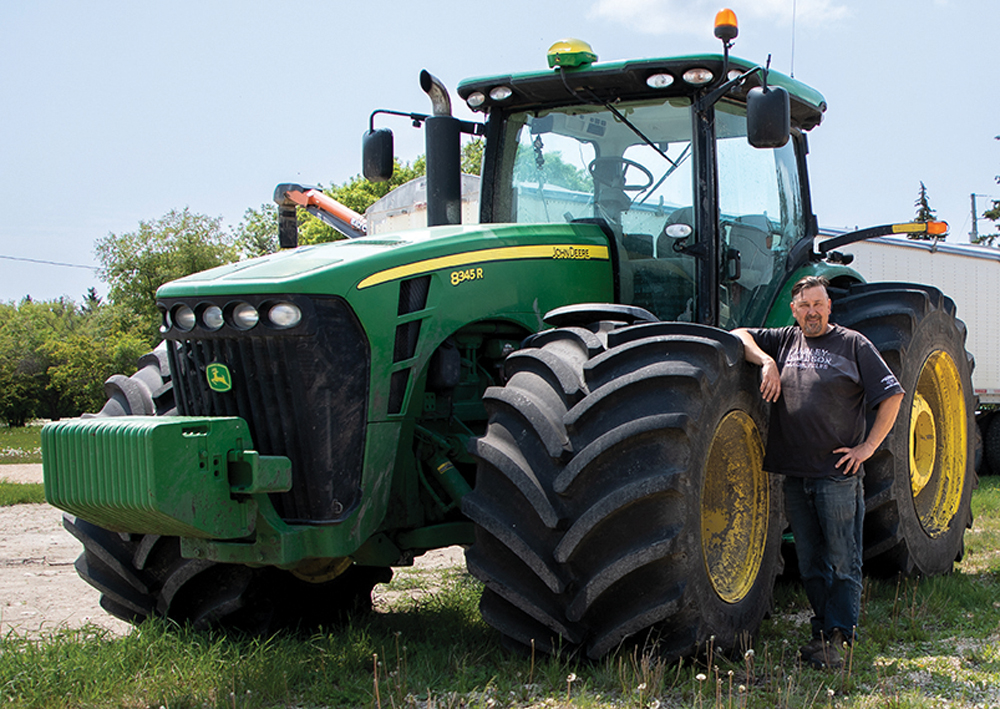
At the time, the Co-operator spoke with two other farmers who had similar experiences and has since spoken to one more. Another farmer reported a positive experience with the program.
Pradhan and Laura Workman, general counsel and corporate secretary with Farmers Edge, said farmers may have been given or heard messaging that gave them the wrong impression of the program.
“There was a lot of optimism around the carbon offsets market,” said Workman.
“It’s unfortunate that any grower would have felt that it was a slam-dunk revenue stream,” Pradhan said. “That was never the case.”
Few buyers
Agriculture-based carbon trading is still in its early days, comprising less than one per cent of the voluntary carbon offset market, Pradhan said. Potential buyers need to be aware that such offsets are an option, and it’s on companies like Farmers Edge to provide that education, he added.
Farmers Edge has spoken with most large players in the Canadian carbon offset market and has looked internationally for buyers, Pradhan said, but “the interest level is low.”
He indicated buyers are not interested in the credits at the prices Farmers Edge wants to sell them. Prices are soft, Pradhan said, and in Canada they also have few protocols or registries by which to sell offsets.
This is likely a reference to the government carbon offset system, said Kate Ervine, an associate professor at Saint Mary’s University in Nova Scotia. Her research has centred on carbon markets.
In Canada, some provinces have carbon pricing systems. If they don’t (such as in Manitoba), the federal, output-based carbon pricing system takes effect. Industrial emitters can use offsets to reduce their emissions, but those emissions must be qualified under federal or provincial systems.
The federal government has been developing an approved offset system, but some have complained it has taken too long, according to Ervine. The system has two protocols by which offsets can be approved and “agriculture soil carbon is not one of them,” she said.
Two agriculture-based protocols are in the works. Even so, demand for federal carbon offsets is low, she noted. The federal system is designed to exempt many industrial emitters from paying the carbon price so they aren’t at a competitive disadvantage in global trade.
Provinces such as Alberta, where a pricing system is in place, may allow agriculture-based credits. However, Farmers Edge would have to get credits approved through that province’s protocols, Ervine said.
This leaves few options outside the voluntary carbon offset market, which has seen nature-based carbon offset prices fall due to increased stock and decreased trust in seller credibility.
An August 2022 report from Ecosystem Marketplace showed the average price of agriculture-related carbon credits was US$8.81 per ton. A document Uruski provided to the Co-operator showed he’d been quoted returns based on $20 per tonne.
Some agriculture-based credits have sold for $20 per tonne or more in the last couple of years, Pradhan said, but those are few.
Over time, carbon markets have shown that “you can’t necessarily rely on [hype] translating into solid, guaranteed, stable returns,” Ervine said.
There is optimism that prices will stabilize as measures like integrity standards initiatives come online.
Where to go from here
Farmers Edge says it has trained its sales representatives on the realities of the carbon market and it has contacted the affected growers. The firm is also preparing more communication to farmers to provide a better understanding of what Farmers Edge is doing to sell their offsets, Pradhan said.
Ervine encouraged farmers to do their due diligence and understand the market before getting into carbon credits. However, she said carbon offsets aren’t a good strategy to reduce emissions.
Philosophies like regenerative ag are good, she said, and it makes sense to pay farmers for the extra costs associated with emission-reducing practices. However, allowing that to be a licence for others to keep polluting is “super problematic.”
“We need real solutions,” she said.


